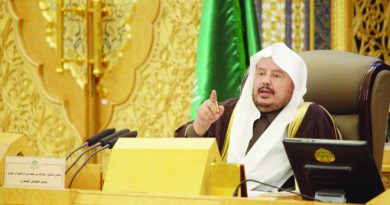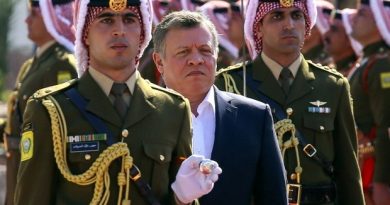Focus on Shadow Economies: Venezuela
By Felipe Bueno
Staff Writer
As Venezuelan President Nicolas Maduro reassures citizens that he will do everything in his power to secure financial resources, control of the economy and price stability continue to elude him. The Economist reports that in the last year Venezuela’s economy shrank by 19 percent, according to leaked reports from Venezuela’s central bank. With hyperinflation at a rate of 800 percent, Venezuelan mafias began to create their own shadow currency exchange system for a profit.
Venezuelanalysis reported that mafias have begun taking advantage of the slight differences in exchange rates by buying the Venezuelan bolívar at a low price and selling it at a higher price. The bolívars are routinely smuggled across the country’s southern border into Colombia, where they are traded in Cúcuta and Bogotá at a higher official rate for U.S. dollars. The currency then makes its way from Colombia back into Venezuela and is sold for bolívars at a higher price, creating a profit.
The shadow economy of Venezuela has rampantly expanded beyond its own borders, with foreign citizens now hoarding the bolívar. BBC reported that police in Paraguay seized at least 25 tons of 100-bolívar notes stashed against the wall of a local arms dealer’s home. With the currency depreciating by the day, local police suspect that the arms dealer planned to print fake U.S. dollars on the bolívar’s paper. The process entails bleaching the markings off the bolívar, printing the dollar on top, and smuggling it back across to Venezuela to be exchanged for bolívars.
Currency smuggling is common in countries with high inflation, limited foreign exchange reserves, and strict currency controls, all of which are present in Venezuela. The New York Times reported that the 100-bolívar note is now estimated to be worth only 2.8 American cents at the black market rate.
In order to combat this currency smuggling, Mr. Maduro has created eight currency exchange houses on the Colombian border in an attempt to regularize the exchange rate between the U.S. dollar and the domestic currency. The regime’s desperation, however, has led to a more drastic measure. As Numis Master reported, Venezuela has officially removed the 100-bolívar note from circulation and has implemented bank notes with denominations of 500, 1000, all the way to 20,000 bolívars. According to the New York Times, the newly implemented 500-bolívar is worth about $5.60 in US dollars.
Though the implementation of a new currency is an attempt to stabilize the economy, it has three potentially negative effects. First, introducing higher denominations of bills has been a horrendous method of monetary policy in the past. In for example, inflation rose to an estimated 40 million percent after it introduced the $100 Trillion dollar bank note, which was only worth 40 cents in the U.S. Despite Venezuela not being anywhere near those levels of inflation, it is exhibiting characteristics similar to the Zimbabwean inflationary spiral.
Second, after Mr. Maduro had announced his decision to no longer accept the 100-bolívar, Venezuelans rushed to the banks in an attempt to exchange bills, reported The New York Times. Banks were unable to complete the transactions, as they ran out of larger bills with which to exchange. One bank, which only received 500-bolívar bills, had run out by 2 PM. In response to the lack of new currency, desperate citizens turned to looting and rioting. Mr. Maduro was forced to change his stance and allow the 100-bolívar note to remain in place, much to the dismay of those who had already burned the 100-bolívar after believing it to be worthless.
And lastly, despite being a momentary way to halt the shadow economy, it is by no means an end-all solution. While mafias will have a harder time taking advantage of the differences in exchange rates, the reforms have no way of preventing the creation of counterfeit bolívars. Because the old 100-bolívar notes are now worthless and are therefore easier to acquire, mafias will have a simpler time creating more counterfeit dollars. The now almost worthless notes can be bleached and laundered for U.S. dollars much easier, introducing more currency, and further progressing the country’s inflationary spiral.


